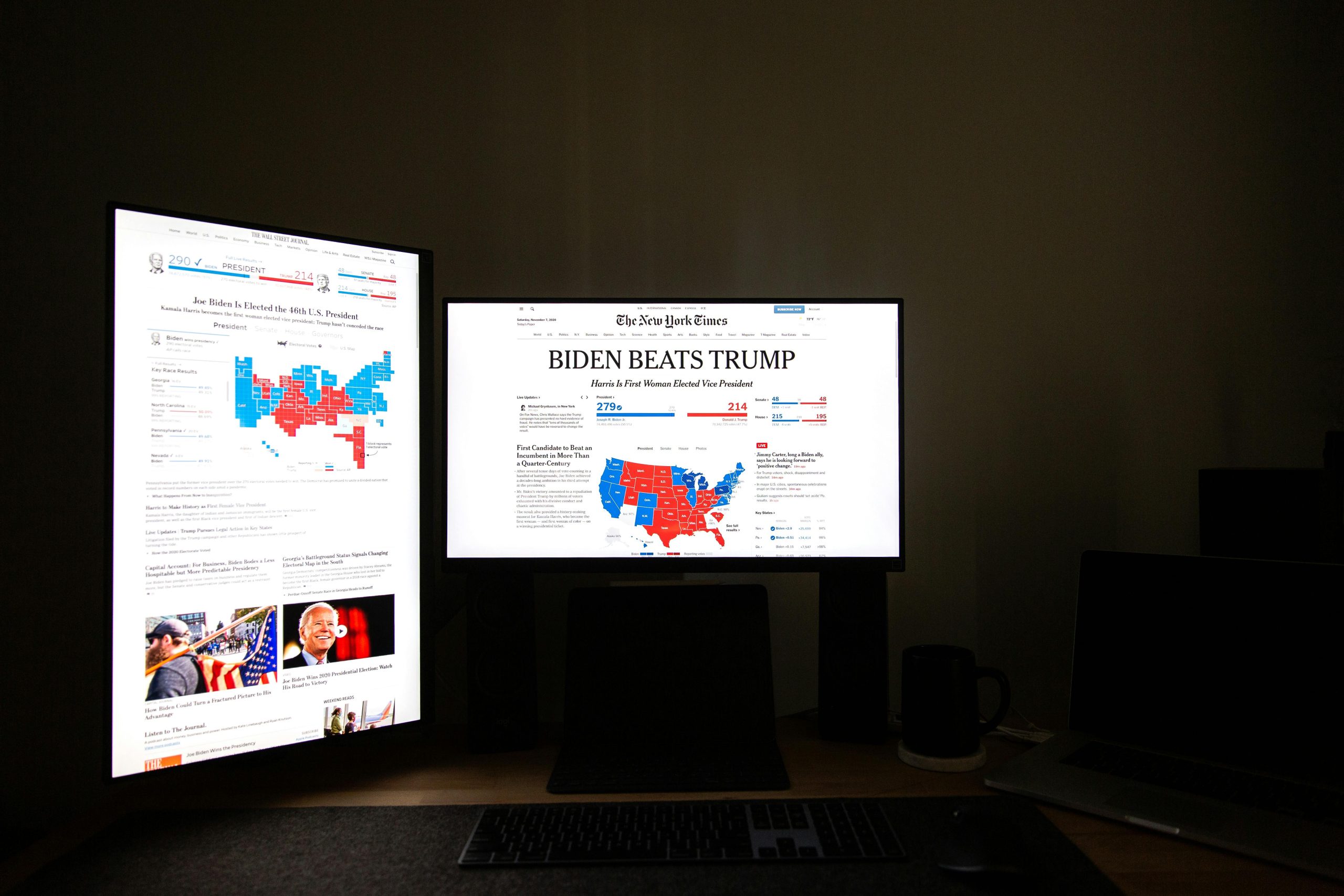Exploring Wesley Clark’s Insights: Were His Predictions Accurate?
In the realm of geopolitical discussions, few figures have sparked as much intrigue and controversy as Wesley Clark. The retired four-star general and former Supreme Allied Commander of NATO has offered insights that continue to resonate in today’s complex political landscape. A recent resurgence of interest in Clark’s predictions begs the question: Were his assertions about global conflict and military strategy accurate?
Contextualizing Wesley Clark’s Views
Wesley Clark rose to prominence not only for his military leadership but also for his thought-provoking commentary on international relations. Throughout his career, he recognized the shifting dynamics of power and the evolving nature of warfare. His perspective on the future of global conflicts—predictions that once seemed controversial—are now being examined in an era of renewed strife and uncertainty.
Insight or Prescience?
Clark articulated critical concerns about the potential for conflict in various regions around the world based on historical precedents and socio-political trends. It’s been noted that certain events, from Middle Eastern uprisings to the reassertion of old powers, appear to affirm some of his earlier predictions. This raises pertinent questions: Are we witnessing the validation of his insights, or do they serve as a reminder of the cyclical nature of conflict?
The Importance of Critical Analysis
As we reflect on Wesley Clark’s insights, it’s essential to approach them with a critical mindset. While some may view his predictions as eerily prescient, it’s important to consider the broader context of historical patterns in warfare and diplomacy. Global affairs are influenced by a multitude of factors, including political leadership, economic conditions, and social movements, each contributing to the unpredictable nature of international relations.
Conclusion: Lessons for the Future
Whether one agrees with Wesley Clark’s viewpoints or not, his contributions to the discourse surrounding military strategy and global conflict remain relevant. As we navigate the complexities of today’s world, it is crucial to learn from the past—examining the predictions of figures like Clark can offer valuable insights into the future. Engaging with his ideas not only deepens our understanding of current events but also encourages informed dialogue about possible paths forward in our increasingly interconnected world.
In conclusion, the question of whether Wesley Clark was right is not solely a matter of validation; it is an invitation to explore and understand the multifaceted nature of global politics. Let’s continue to engage with these discussions, drawing lessons from both the past and present as we prepare for the future.



